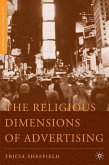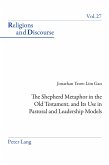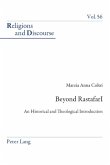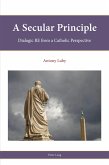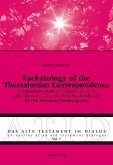This book explores marketing as a genuine component of religious traditions. It investigates the theme across a large historical and geographical area, and in a variety of expressions, ranging from 3rd BCE Maya stucco friezes, early Christian writings, and 9th CE Cambodian inscriptions, right down to modern-day propaganda and recruitment strategies adopted by the ISIS jihadi movement, Falun Gong, Muslim Varkaris, spirit mediums in India and Thailand, Thai Buddhist monasteries, and the Vatican. The book is unique in its theme and scope. The chapters were written without a single controlling agenda, but all emphasize the need to view our modern consumer society as only one among many historical conditions that have shaped religious marketing. In fact, it will become clear from reading through the chapters that marketing and propaganda are inherent in religions and their teachings. The broad scope of the book shows religious marketing as embedded in and responding to diverse cultural settings, rather than as an isolated component of utility maximization. It allows us to understand religious marketing as a large window into the mental and cultural landscapes of the studied communities. This will have an eye-opening methodological impact on an area of studies that often limits itself to a narrow view of interactions between two opposing fields: spirituality and the market. This volume will appeal primarily to students and scholars of religion, culture, communication, media, and marketing. A non-professional audience will also appreciate the well-researched and novel look on less studied aspects of religion.
Bitte wählen Sie Ihr Anliegen aus.
Rechnungen
Retourenschein anfordern
Bestellstatus
Storno



